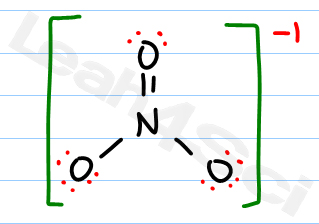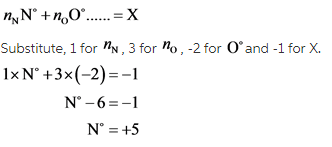
2004-2007 Report (Corrigendum) and 2004-2007 Commission Staff Working Document (Corrigendum).2008-2011 Report and 2008-2011 Commission Staff Working Document.2012-2015 Report and 2012 -2015 Commission Staff Working Document.See the most recent (2021) Implementation Report, Commission Staff Working Document, Press release and Questions and Answers. These 4-yearly reports produced by the Member States are used as the basis for a 4-yearly report by the European Commission on the implementation of the Directive. estimation of future trends in water quality.revision of NVZs and (an) action programme(s).assessment of the impact of (an) action programme(s) on water quality and agricultural practices.nitrate concentrations in groundwaters and surface waters.Commission Implementing Decision (EU) 2020/1074 granting a derogation requested by DenmarkĮvery four years, EU Member States are required to report on.

Commission Implementing Decision (EU) 2022/696 granting a derogation requested by Ireland.Commission Implementing Decision (EU) 2022/696 granting a derogation requested by the Netherlands.

Such derogations do not exempt Member States from the water quality objectives of the Directive, nor from any other of its measures.Ĭommission Decisions that allow for the application of more than 170 kg/ha of nitrogen from manure that are currently in force are listed below: At the request of EU Member States, and provided that they justify scientifically that this shall not lead to higher pollution, the Commission can adopt implementing Decisions (commonly referred as derogations) that allow the application of higher maximum limits of nitrogen from manure in specific areas and under particular conditions. In areas already polluted by nitrates, the Directive prescribes that the highest amount of nitrogen from manure that can be applied annually is 170 kg/ha. This phenomenon, known as eutrophication, has negative consequences for biodiversity, fisheries and recreational activities.īoth phosphorous and nitrogen play a role in eutrophication, but while the main cause of eutrophication in fresh water is phosphorus, it is mainly caused by nitrogen in marine water. This affects the natural ecosystem and can lead to depletion of the oxygen in the water. However, excessive nutrient concentration in water systems will cause algae to grow excessively. At moderate levels, algae serve as food for aquatic organisms, including fish. In rivers, lakes and marine waters, nitrogen and other nutrients, in particular phosphorus, stimulate the growth of algae.

Nitrates and organic nitrogen compounds from fertilizer and manure enter groundwater through leaching and reach surface water through runoff from agricultural fields. A high level of nitrate makes water unsuitable as drinking water.

Excess nitrogen from agricultural sources is one of the main causes of water pollution in Europe. Pure, clean water is vital to human health and to natural ecosystems. Nitrogen is a crucial nutrient that helps plants and crops grow, but high concentrations are harmful to people and nature.


 0 kommentar(er)
0 kommentar(er)
